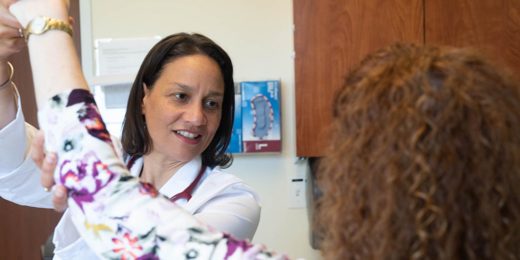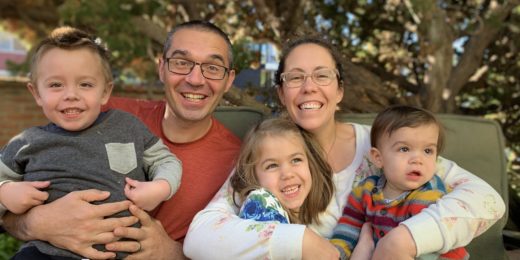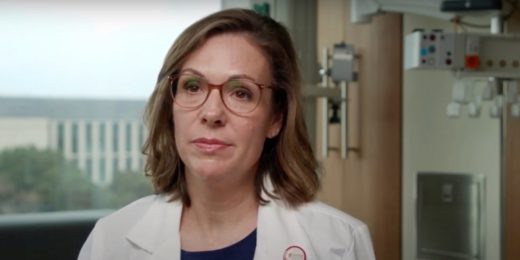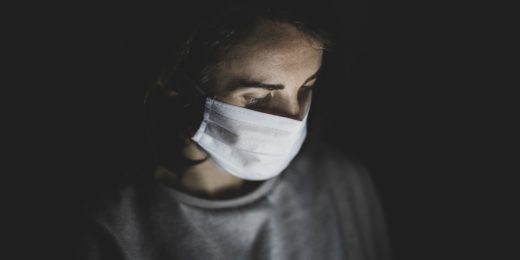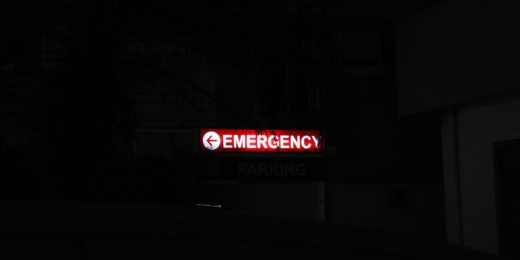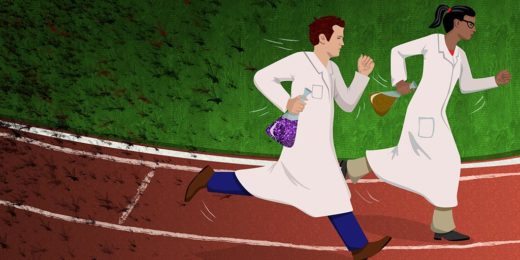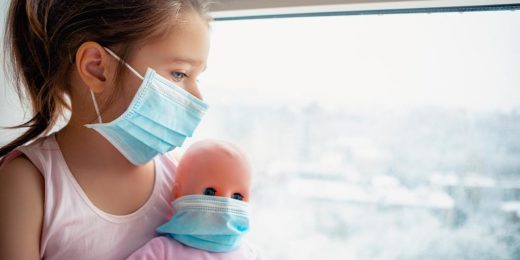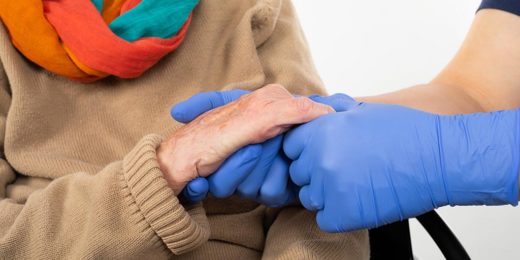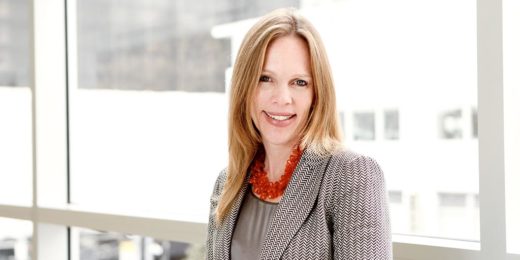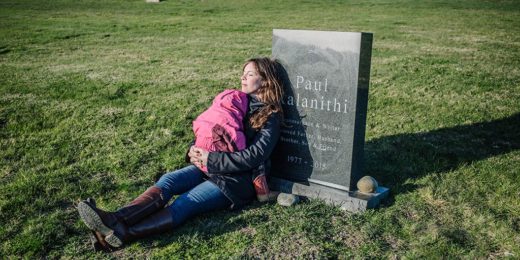In 2020, contributing editor Paul Costello’s top podcasts reflect the challenges of the coronavirus and other timely health care issues.
Tag: 1:2:1
Biracial Stanford physician: We must look beyond race in medicine
Megan Mahoney, Stanford Health Care's chief of staff, discusses racism and bias in the nation's health care system and how it can be overcome.
When a child’s quality of life outweighs the next test or procedure
A Stanford researcher talks about navigating the uncertainty of making medical decisions for her 5-year-old son with an undiagnosed genetic disorder.
Dying patients want honesty from their doctors, expert says
Stanford palliative care physician Winnie Teuteberg, MD, says terminally ill patients often want to discuss their prognosis with their doctors.
Classroom learning with safety in mind: A pediatrician’s thoughts
As schools begin to reopen, Stanford pediatrician Jason Wang, MD, PhD, discusses best COVID-19 safety practices, and why kids should be in the classroom.
How the pandemic is affecting people struggling with addiction
The pandemic has been what one Stanford psychiatrist called “a mixed bag” for people with addiction issues; some find fewer triggers, others face more.
Nonviolent de-escalation strategies in emergency medicine
A Stanford physician discusses how he's learned to safely manage intense situations with patients in emergency departments.
Why air pollution is linked to severe cases of COVID-19
A Stanford researcher discusses how toxic pollutants can make people more susceptible to COVID-19 and why people of color are particularly vulnerable.
The race for a COVID-19 vaccine: What’s ahead
A Stanford microbiologist describes the invigorating, yet sobering race to develop an effective vaccine against COVID-19.
Risk of suicide is much higher among handgun owners, study says
A comprehensive Stanford study of data on California gun sales and first-time gun owners shows a link between suicides and handgun ownership.
Alarming COVID-19-related condition in children is rare
A COVID-19-related multi-inflammatory syndrome in children has raised alarms, but MIS-C is extremely rare, says a Stanford pediatrician.
Why COVID-19 hit our vulnerable older population hardest
A large percentage of COVID-19 deaths in the U.S. have occurred in nursing homes. In a podcast interview, a Stanford geriatrician explains why.
Drawing on experience and resilience to weather COVID-19 crisis
Stanford patient care leader Catherine Krna is inspired by clinicians during turbocharged COVID-19 response, and sees lasting benefit of telehealth surge.
Why some people sleep better during the pandemic, and other tips for getting rest
Stanford sleep expert Rafael Pelayo discusses the human need for sleep and offers insights for achieving a restful slumber.
‘I have never been prouder to be an ICU doctor:’ A podcast from the COVID-19 front line
Though challenging, caring for patients with the severest cases of COVID-19 fosters pride and collaboration, Stanford pulmonologist says in a podcast.
Five years later: Lucy Kalanithi on loss, grief and love
Stanford physician Lucy Kalanithi opens up about loss, grief and love for her neurosurgeon husband, Paul, five years after his death from lung cancer.



